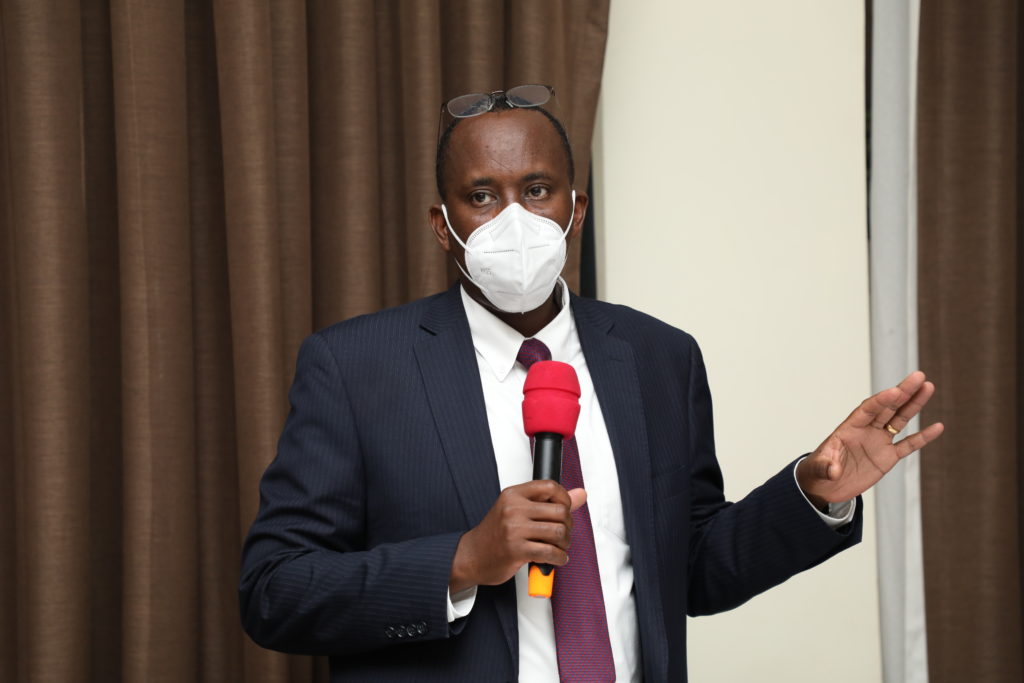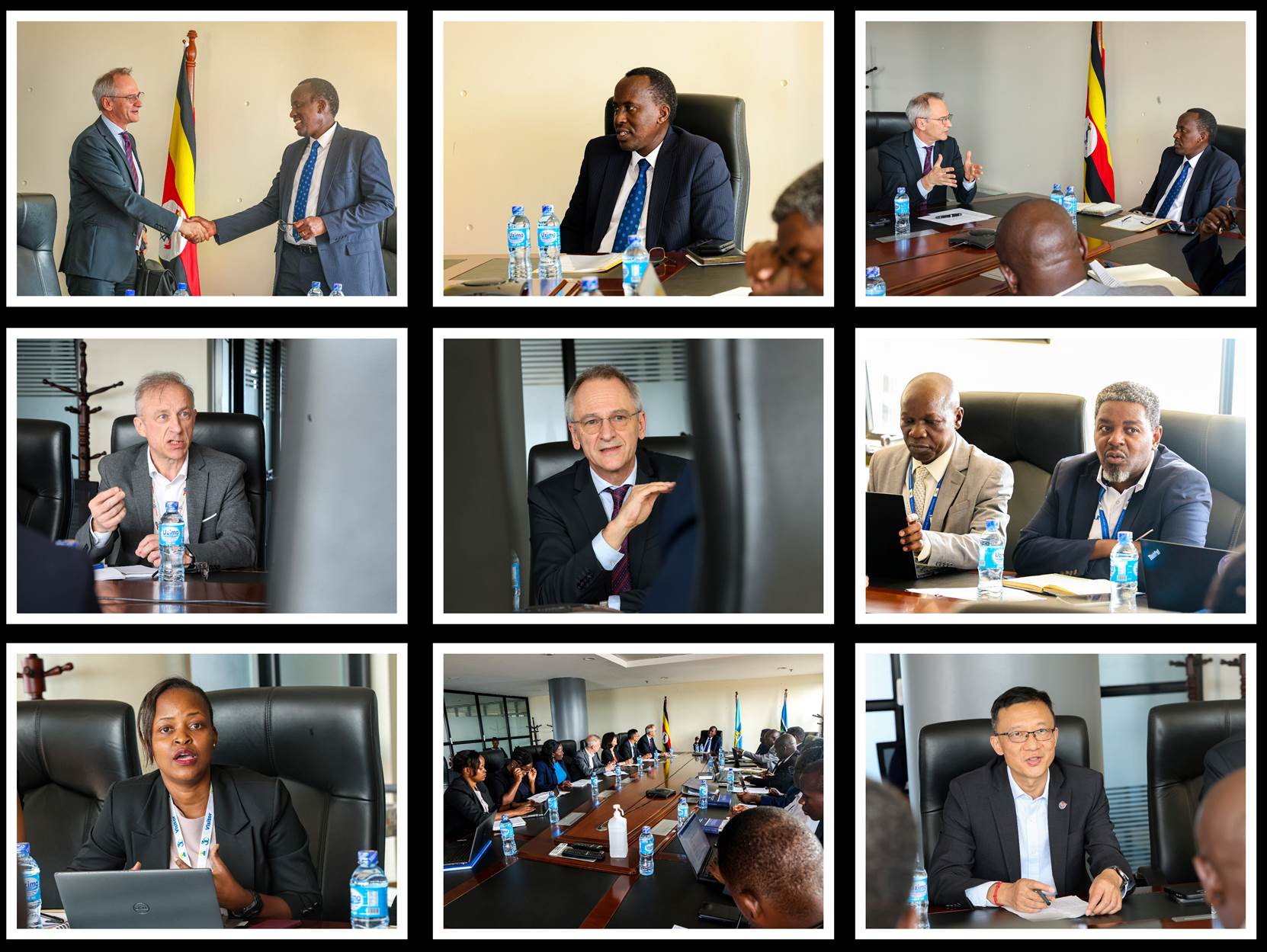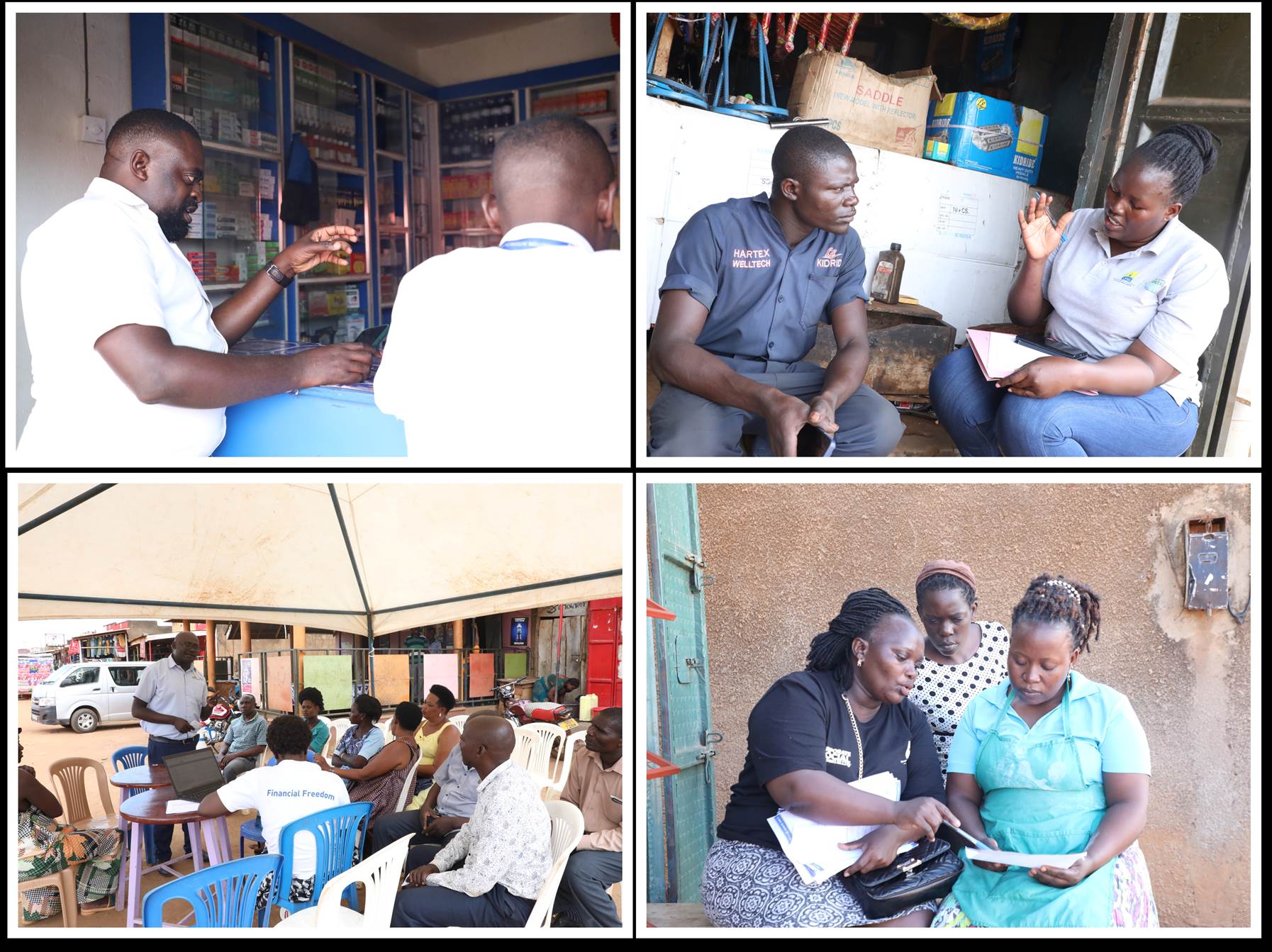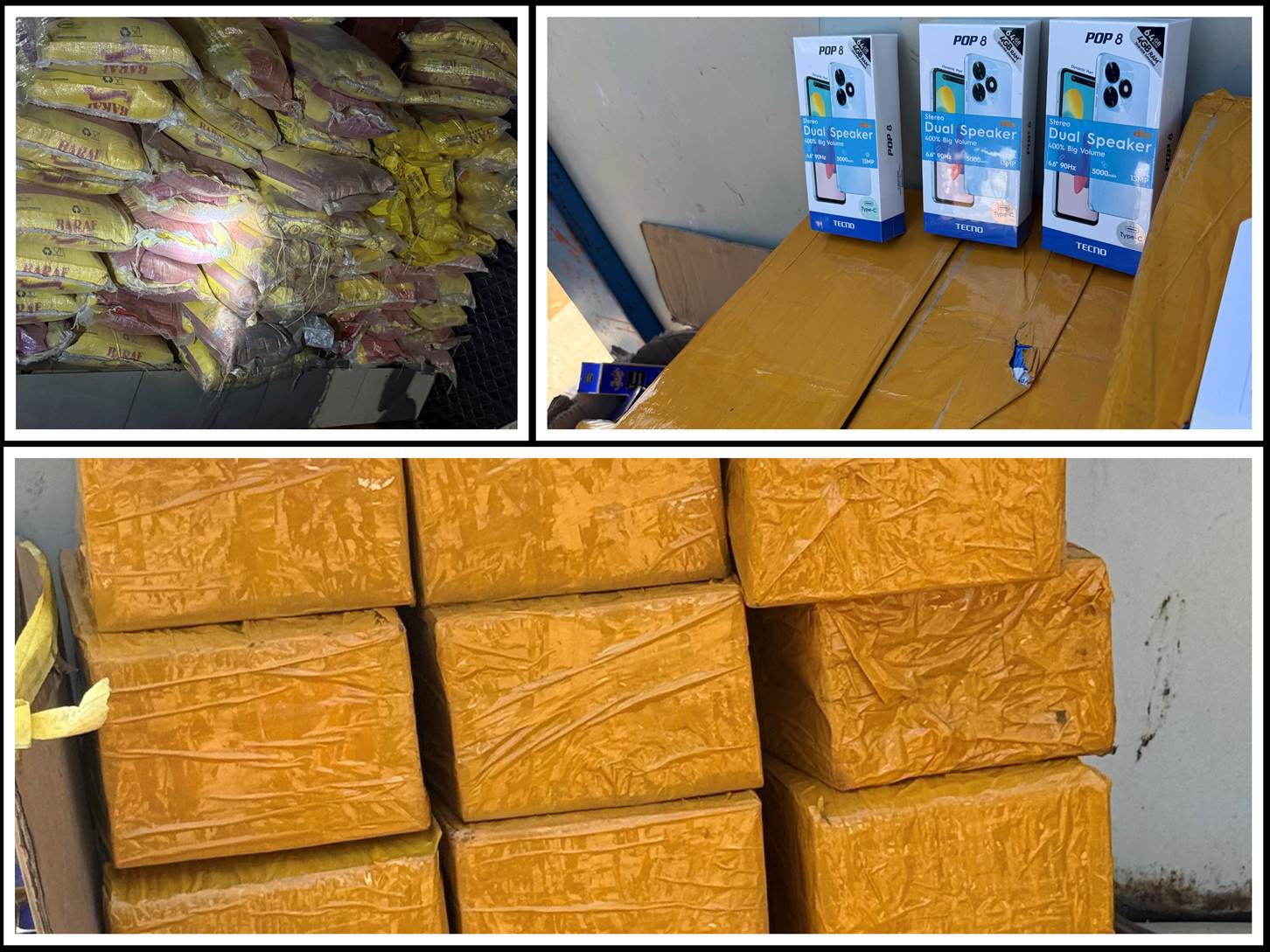BY ANNET NANTONGO
Illicit Financial Flows (IFFs) continue to plague Uganda’s economy, a loss that the Advocates Coalition for Development and Environment (ACODE) and Global Financial Integrity (GFI) estimate to be in excess of UGX 2 trillion annually. This universal problem manifests broadly as movement of money (and value) that is illegally earned, acquired, transferred, or utilized from one country to another.
IFFs in Uganda include, corruption, money laundering, smuggling of cash and counterfeiting, among others. However, trade mis-invoicing is the most significant. Trade Mis-invoicing refers to a practice by importers and exporters who deliberately falsify the declared value of goods on the invoices they submit to their customs authorities, largely for tax evasion purposes. For example, In September 2018, the Global Financial Integrity report revealed that trade mis-invoicing amounted to roughly 18% of total Ugandan trade from 2006-2015. Essentially, the potential over and under invoicing of imports from 2006-2015 was approximately US$4.9 billion whereas mis-invoicing of exports was about US$1.7 billion.
Consequently, under-valuation for imports was most evident for worn clothing, salt, stone and cement, chemical products and pharmaceuticals whereas over-valuation of imports was most significant for cereals, vehicles, electrical machinery, plastics, and iron and steel articles.
Furthermore, for trade mis-invoicing in exports, under-valuation was most critical for miscellaneous grains, seeds and fruits, cocoa, coffee, tea and spices, cereals and tobacco whereas over-valuation was substantial for iron and steel, fish crustaceans and related goods, iron and steel articles, and sugars.
Following some of the policy recommendations for the fight against IFFs from the GFI reports for 2008, 2014 and 2018, URA is intensifying efforts to curb this vice through working with Inter-Institutional technical committees of Law Enforcement Agencies and treaty partners around the world to share its information and enforce domestic tax laws and policies so that taxpayers pay their dues from businesses.
With reference to the Sustainable Development Goals, URA Commissioner General, Mr. John R. Musinguzi noted that tax transparency and Exchange of Information (EOI) have been adopted as strategic interventions for taxpayer compliance and revenue in the Uganda’s National Development Plan, the National Domestic Resource Mobilisation (DRM) Strategy, and the five-year URA Corporate Plan 2020/21-2024/25.
Mr. Musinguzi added that the return on investment from exchange of information for tax purposes is one of the key components of Uganda’s domestic resource mobilisation strategy that will improve the compliance management of Multinational Enterprises and individuals, including High Net-Worth Individuals.

In addition, the Taxman is equipping customs with up-to-date trade pricing databases to facilitate risk management of the potential for trade mis-invoicing, amending laws to make mis-invoicing illegal, strengthening transfer pricing units within the organization, fostering transparency and tighter oversight of international banks and offshore financial centres that absorb the IFFs, and establishing multi-agency teams to address customs fraud, tax evasion and other financial crimes.
Although, the GFI 2018 Uganda report placed over and under-invoiced commercial imports and exports as the largest measurable IFF source, URA has taken tremendous steps to curb smuggling countrywide. During the period of July to March of the FY 2021/22 over UGX 70.04 billion was recovered from 5,748 seizures ranging from textiles, contraband cosmetics, rice, and fuel among others. The deployment of various intelligence measures like informers deterred smugglers who sneak into the country through inconspicuous concealment ways such as us hidden compartments in passenger cars and cross-border buses, hiding goods under cement or coffee husks, to mention but a few.
To make trade mis-invoicing illegal, Section 65(6) of the VAT Cap 349, Section 15A (6) of the Excise Duty Act 2014 and Section 50 of the Tax Procedures Code Act (TPCA) 2014 impose Penal Taxes for making false and misleading statements.
Furthermore, in the TPCA amendments for the financial year 2022/23, the penalty for making false or misleading statements was increased from UGX 4M to UGX 110M as a deterrent measure to improve voluntary compliance.
Uganda joined the Global Forum on Transparency and Exchange of Information for Tax purposes in 2012 and became a party to the OECD Convention on Mutual Administrative Assistance in Tax matters in 2016, widening URA’s information network to 144 Jurisdictions around the world. Consequently, URA has realised a growth from UGX 8,892,658 in 2014 to UGX 259,935,498,396 by December 2021, resulting from Exchange of information (EOI).
Through multi-agency collaboration, URA tackles customs fraud, tax evasion and other financial crimes. The alliance brings together multiple Government Agencies such as Financial Intelligence Authority (FIA), Uganda Registration Services Bureau (URSB), the Office of the Attorney General, the Office of the Director of Public Prosecutions, Bank of Uganda and the Uganda Police Force among others, to enhance information sharing, and carry out mutual risk assessments and design targeted interventions to effectively combat financial crimes like trade mis-invoicing and tax evasion.
Feature photo courtesy of The Independent










